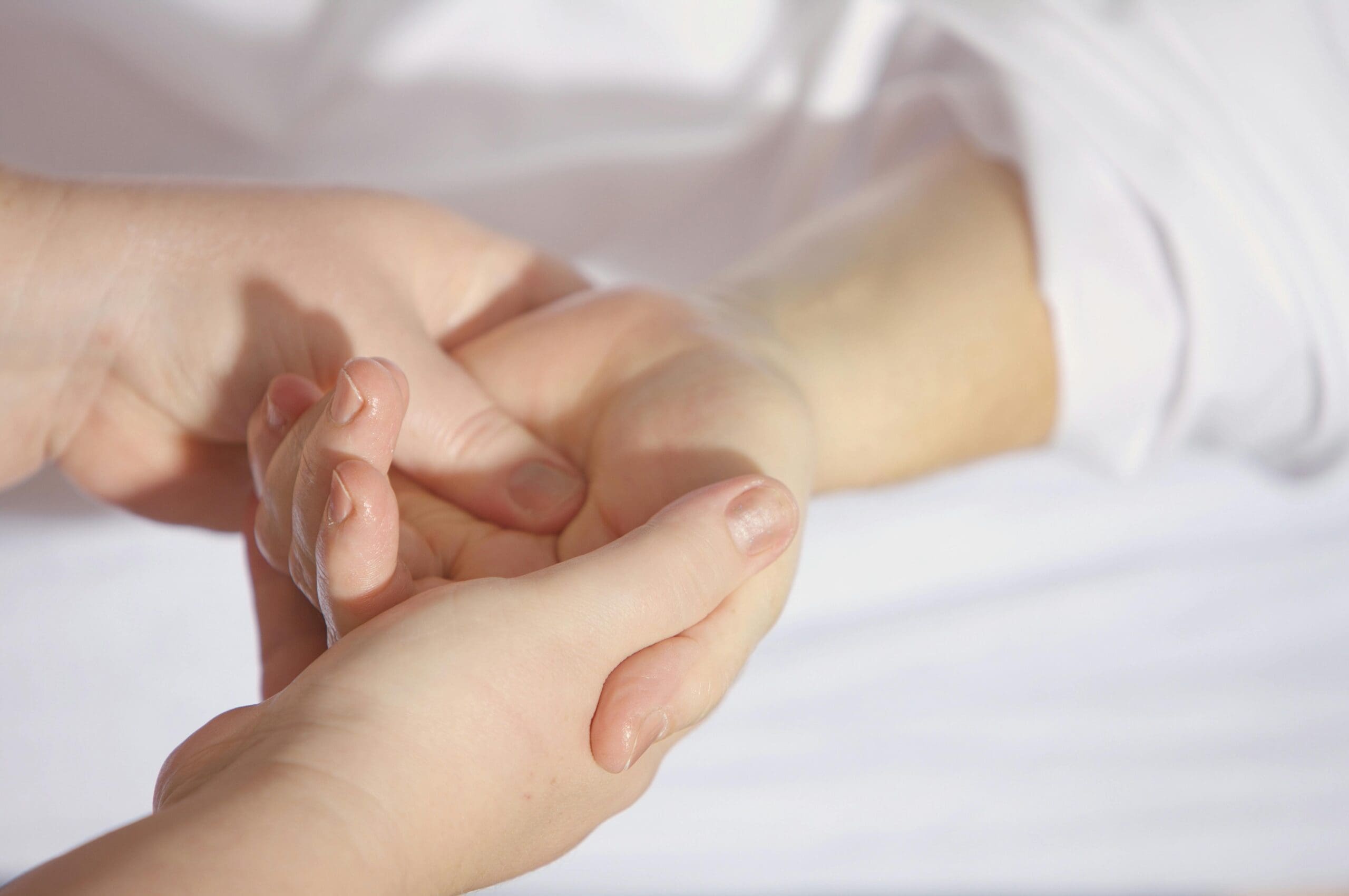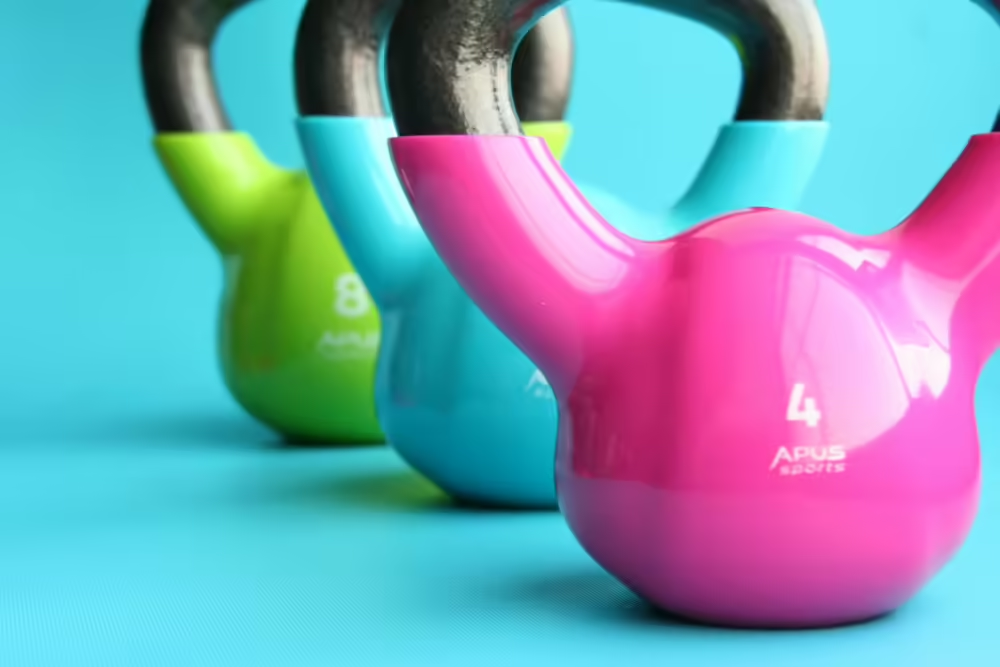As more women survive early-stage breast cancer, we increase the number of people facing the aftermath and long-term effects of treatment. For some, it’s organ damage from chemo, burns from radiation, hair loss, neuropathy – so many things to manage. For young women with hormone-positive breast cancer, the fallout of early menopause can be devastating and difficult to live with. In this blog, Tracy Cushing, MD, a lobular breast cancer survivor and proud fellow flattie offers up welcome advice regarding sex and intimacy after breast cancer.
When I started this journey, I just wanted the cancer OUT and I wanted to LIVE. Once the terror began to wear off, I continued to make decisions based on wanting to live as long as I can and to hopefully not die from cancer. I begged to get my ovaries removed to starve my cancer. Only then did I realize the other parts of my body would also starve from the loss of estrogen. My bones, my brain, and my cardiovascular system are all now subject to change and are at risk and/or suffering. But holy moly the changes to my sex organs are next level as are the repercussions around sex and intimacy.
Estrogen deprivation takes its toll on sex and intimacy
I’ve blogged before about the lack of data, information and teaching about menopause available to doctors, the lack of effective treatments other than hormone replacement, and the afterthought of older women when it comes to medical care and attention (though in the last 5 years, this seems to be slowly changing). I appreciate so much that my oncologist and gynecologist sat me down and gave me the honest truth about sex and intimacy. After breast cancer, my body, and my sex life, would never be the same. Starving your pelvic organs of estrogen results in all kinds of horrors – incontinence, dryness, painful intercourse, UTIs. It changes your intimacy with your partner. Partners (men especially) need to understand what’s happening biologically, so it doesn’t disintegrate your relationship emotionally. Not wanting to have sex because it’s painful is different than your partner thinking you’re just not interested.
The use of hormone replacement therapy is a godsend to many menopausal women who are struggling with sex and intimacy issues. That said, the use of hormone replacement in women with a history of hormone-positive cancer remains controversial. Newer data suggests the risks of cancer might have been overestimated, and that topical estrogen can be used safely in this population – but let’s face it, it’s really scary for a cancer patient to hear “We have to remove all of your hormones to fight your cancer” and at the same time be told, “We have some hormones to help the symptoms of your cancer-induced menopause”. Personally, I have decided the risk is too great. I won’t tempt cancer recurrence by using hormones. This is a personal risk versus benefit choice, but in my case, I’m becoming an expert in the non-hormonal things we can do. A few things I’ve learned about sex and intimacy after menopause:
Use those vaginal muscles or lose them
This is true. Vaginal atrophy begins with estrogen deprivation, and if you don’t use those muscles, they can atrophy to the point of making any penetration (sex, pelvic exams, pap smears) incredibly painful. If you don’t have a partner to use it, consider a vaginal dilator. Therapy of 20 minutes/day will keep those muscles active and healthy which helps with sex and intimacy.
Remedies for vaginal dryness and pain
This affects you inside and out, and thus should be treated both ways. There are two types of symptoms here: vulvodynia (pain at the entrance) and dyspareunia (pain with penetration/thrusting). They are treated differently.
For everyday dryness and to keep things moist and happy down there, I adore the Foria line of products for this especially the Vibrance products that are made ESPECIALLY for this population. The Everyday Vulva Moisturizer and the CBD suppositories are a game changer (and their body wash is amazing for dry skin too). I also like Revaree hyaluronic acid suppositories, 2-3 times per week. These are for routine use, to keep things from getting dry and irritated. They will help with vulvodynia. For intercourse, I recommend the Foria intimacy suppositories 20-30 min before sex.
For dyspareunia, topical lidocaine gel applied 10-15 min prior to intercourse can provide relief allowing penetration (just make sure your partner wears a condom so his penis doesn’t get numb!).
Preventing incontinence/UTIs
Pelvic floor physical therapy is used often to help with strengthening the muscles and increasing control. Emptying your bladder fully and often can help prevent UTIs.
Sex and intimacy is more than libido and orgasms
Unfortunately, these suffer from a loss of hormones too. My libido tanked, and even my orgasms seemed to be diminished in intensity, frequency, and achievability during the first 1-2 years of menopause. Sex and intimacy brings partners together and keeps them there – so you have to figure out a way to maintain intimacy, even if you don’t feel like having sex, or it takes you twice as long to have an orgasm that’s 50% less intense. Focus on closeness and being together, less on achieving that orgasm.
Finally and most importantly, TALK TO YOUR PARTNER.
Maybe intimacy looks like hand-holding, 20-second hugs at random during the day, kissing, or oral sex. Sex and intimacy doesn’t have to be all about penetrative vaginal intercourse – if that was the definition of your previous intimacy, you might need to adjust that and find new ways to be intimate with your partner. You might need to rediscover oral sex, vibrators, or scheduled intimacy like date nights, to overcome the declining libido. Open and honest communication is paramount to navigating these changes as a couple, or for dating after cancer. I am beyond grateful to have a partner who not only heard those conversations with my providers but was willing to make changes and work around my limitations to continue our emotional and physical intimacy. It looks different than it did before, but it is possible to maintain closeness and sexuality after cancer with a little effort and a lot of conversations.
There can be sex and intimacy after cancer – even good sex. Don’t give up if it’s important to your relationship and your self-esteem. It might be different, but it can still be great.
About the author

Tracy A. Cushing MD MPH DipABLM is a lobular breast cancer patient diagnosed at age 45. She’s also a double board certified physician in emergency and lifestyle medicine and proud flattie. Tracy talk all things breast cancer, flatness, lifestyle medicine or integrative oncology. Find Tracy on IG as @tracycrushescancer or through the following links:




